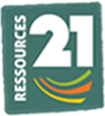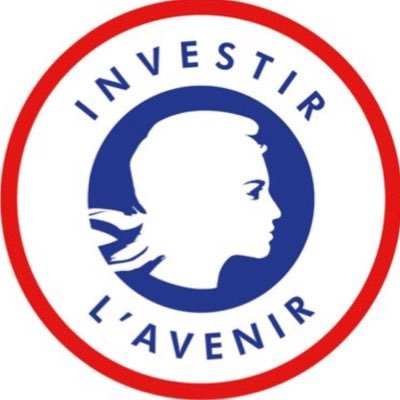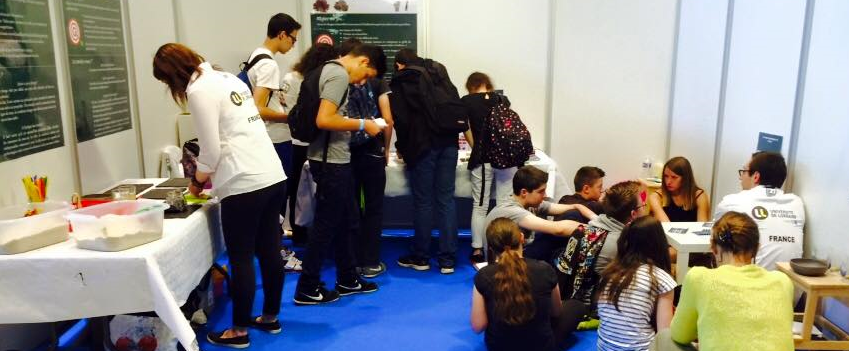| Communication and dissemination of scientific knowledge: raising public awareness and fostering public debate |
The general public are often unaware of the significance and importance of rare metals, despite the fact that these metals are everywhere in our daily life: in our mobile phones and in our computers, in the low-energy light bulbs in our homes and even in the bank-notes we use. These critical raw materials often go unnoticed because they are used in such very low quantities in the different fields and devices; however their properties mean that they are usually irreplaceable, crucial components. As an example, tantalum is used in only very small quantities in a typical mobile phone (less than 1%), but its exceptional heat-resistance properties make its inclusion essential. On the basis of their economic importance and supply risk, fourteen raw materials have been labelled 'critical' by the European COmmission.
RESSOURCES21 is a multidisciplinary project that aims to develop our knowledge and understanding of the complete strategic-metal lifecycle (mining, extraction, processing and recycling) by taking into account the influence of geology, the environment or ecotoxicology, for example. One of the key objectives of the RESSOURCES21 project is to disseminate and communicate the importance of 'critical' raw materials in order to raise public awareness and foster public debate.
To provide the public a better understanding and comprehensive illustration of the topic, Alix Marchal and Quentin Lespagnol -two second-year students from the École Nationale Supérieure de Géologie (ENSG)- designed and set up a collaborative website (Wiki) as part of their three-month internship at the LabEx RESSOURCES21. This tool delivers easily-accessible and general information about the economic, social and political contexts as well as describing the complete metal cycle (exploration, exploitation, treatment and recycling).






